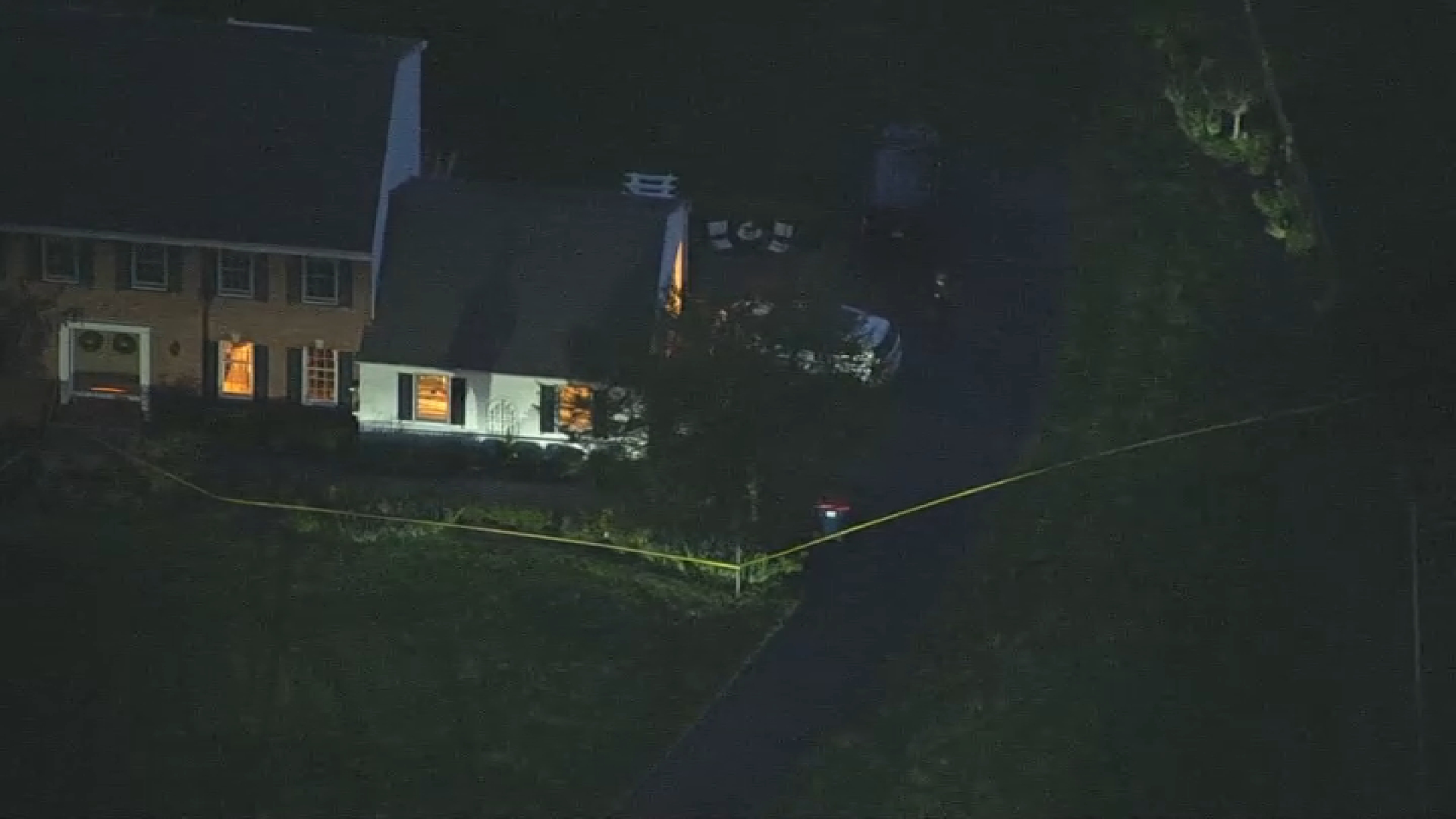Liviu Holca was a perfect example of a doctor feeding the growing opiate epidemic, according to the charges lodged against him in 2014.
The 25-count indictment painted him as a legalized drug dealer, freely prescribing unnecessary opiates to patients with admitted pill addictions.
The case was meant to set an example for others who might be tempted to break the oath to "do no harm," but it instead may point to some gaps that remain in how drug cases are charged, the prosecutor said.
While the Stafford Township doctor lost his license, he kept his freedom.
A plea deal could have given him 364 days in jail. Last week, a judge suspended that sentence, meaning — as long as he doesn't violate his three years of probation — Holca will serve no time behind bars.
Superior Court Judge Wendel Daniels' decision was within the legal parameters. Since Holca pleaded to a third-degree crime, there is no presumption of incarceration, especially for someone without a criminal record.
"I think, just for the purpose of sending a message, some jail time would have been appropriate," said Ocean County Prosecutor Joseph Coronato told The Press of Atlantic City. He has targeted the drug problem during his tenure as the county's top law-enforcement officer.
Local
Breaking news and the stories that matter to your neighborhood.
"I just thought the facts in this case were so that it could send a clear message both to the medical community and also to society," he said. "I think the message was blurred."
NBC10 investigated the opioid epidemic and its effects on our communities in an in-depth report, Generation Addicted. We found tragedy and a public health and law enforcement system that is trying to stem the tide of death from painkillers and heroin. See the reporting here.
Judges are not permitted to comment on cases.
Two of Holca's charges were second-degree crimes, which could carry sentences of five to 10 years each. But First Assistant Prosecutor John Corson said there was concern that a jury might not uphold the higher charges, which were based on the total amount of drugs prescribed.
To rise to a second-degree crime, the case must involve more than an ounce of a controlled dangerous substance.
"An ounce is a lot of drugs," Corson said. "It's not often easy to get someone over those limits."
Especially a doctor whose defense could possibly prove that at least some of the prescriptions were made with "a good-faith belief that it was medically necessary."
Coronato said he thinks the Legislature needs to revisit the laws surrounding drug violations, with the focus taken off weight. He noted that, when he was a deputy attorney general in the 1970s and 80s, the purity of drugs topped off at about 20 percent. Now, he says, the low side is 65 percent, with some as high as 83 percent. Synthetic opiates are bringing that even higher.

"It's something I would definitely look into," said Assemblyman Vince Mazzeo. The Atlantic County Democrat said he has looked into ways to help curb the problem.
"I think it has to be a group effort, with law enforcement, legislators, the doctors and patients," he said. "We have to focus more on the bad doctors trying to make a buck and actually harming people."
Mazzeo said he talks to families every day that are crushed by the epidemic.
"This is a very complex issue," Coronato said. "Just putting a doctor in jail isn't, of itself, going to solve the opiate problem. But one thing that would have helped would be sending that message."
Holca lost his license and was fined $300,000.
"There's more than just money that's concerned here," Coronato said. "It's people's lives that are being affected. I think the message was blurred."
He said doctors need to understand the addictive nature of the opiates they are prescribing and the problems it causes.
The prosecutor has been a leader in the fight, charging dealers when fatal overdoses are tracked to them, providing naloxone to first-responders to reverse overdoses and introducing a pilot program in the hospitals to help those saved get into recovery.
"I'm more interested in trying to save lives than put people in jail," he said. "I'm also interested in going after the true predator. People don't wake up and say, 'I want to be a heroin addict.' It all starts from prescription pills."



